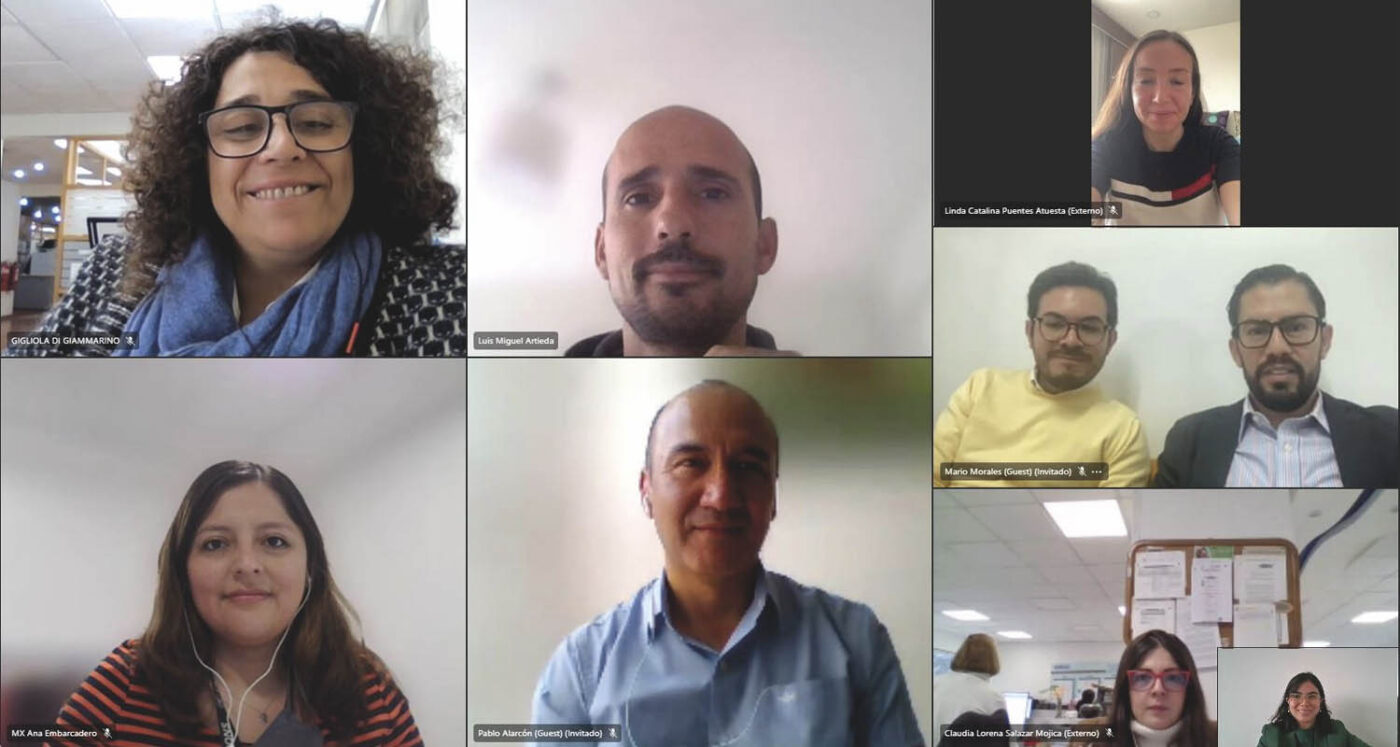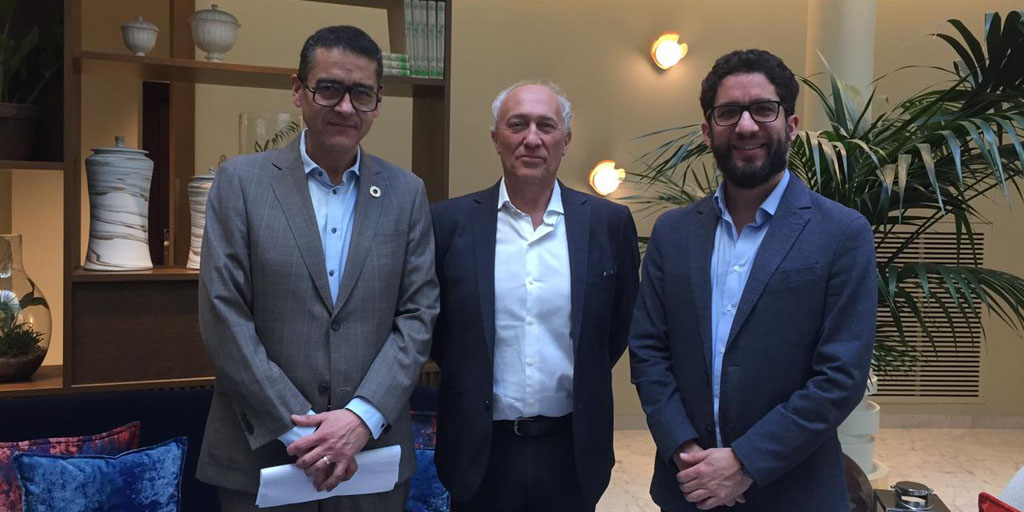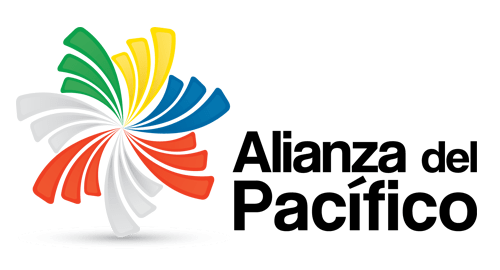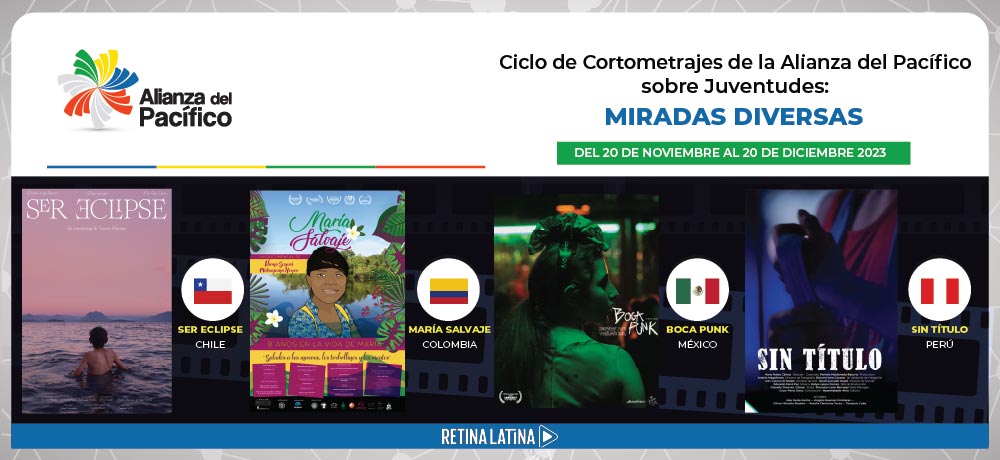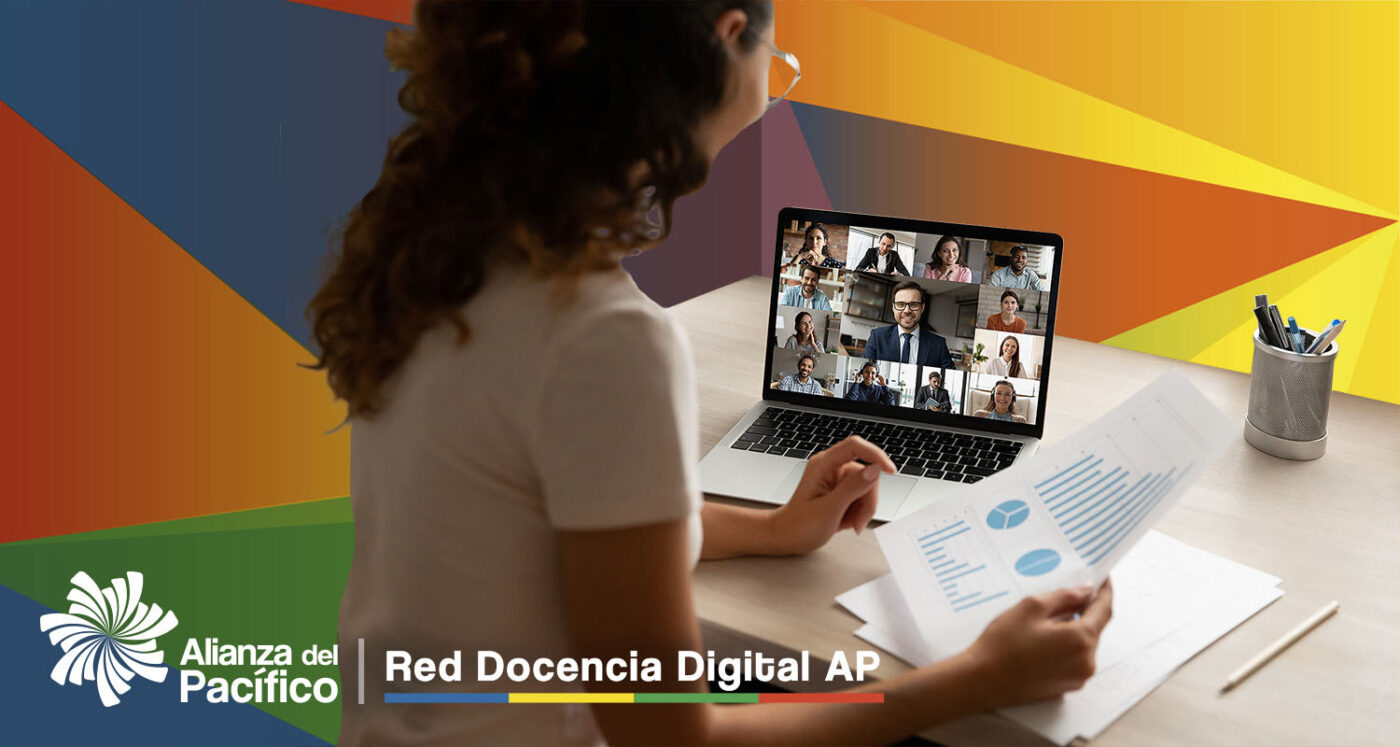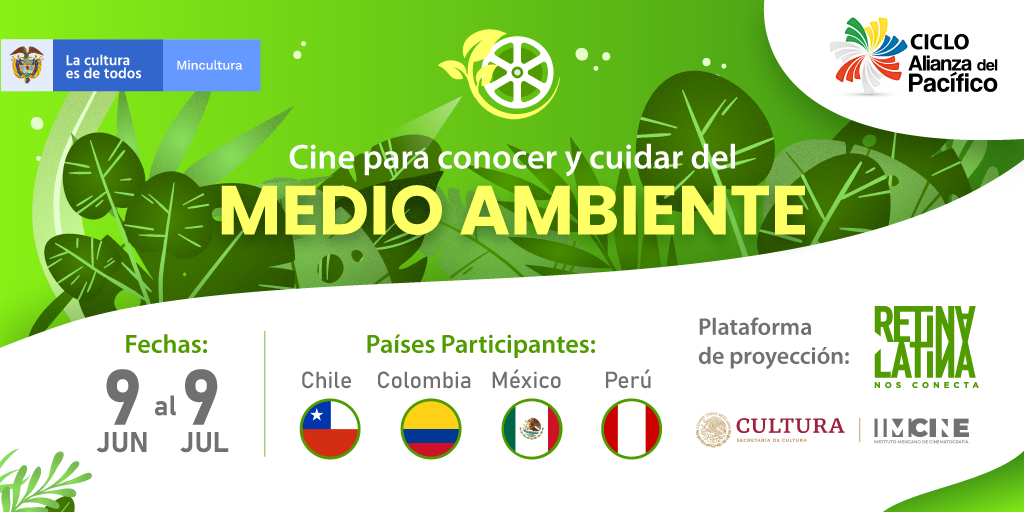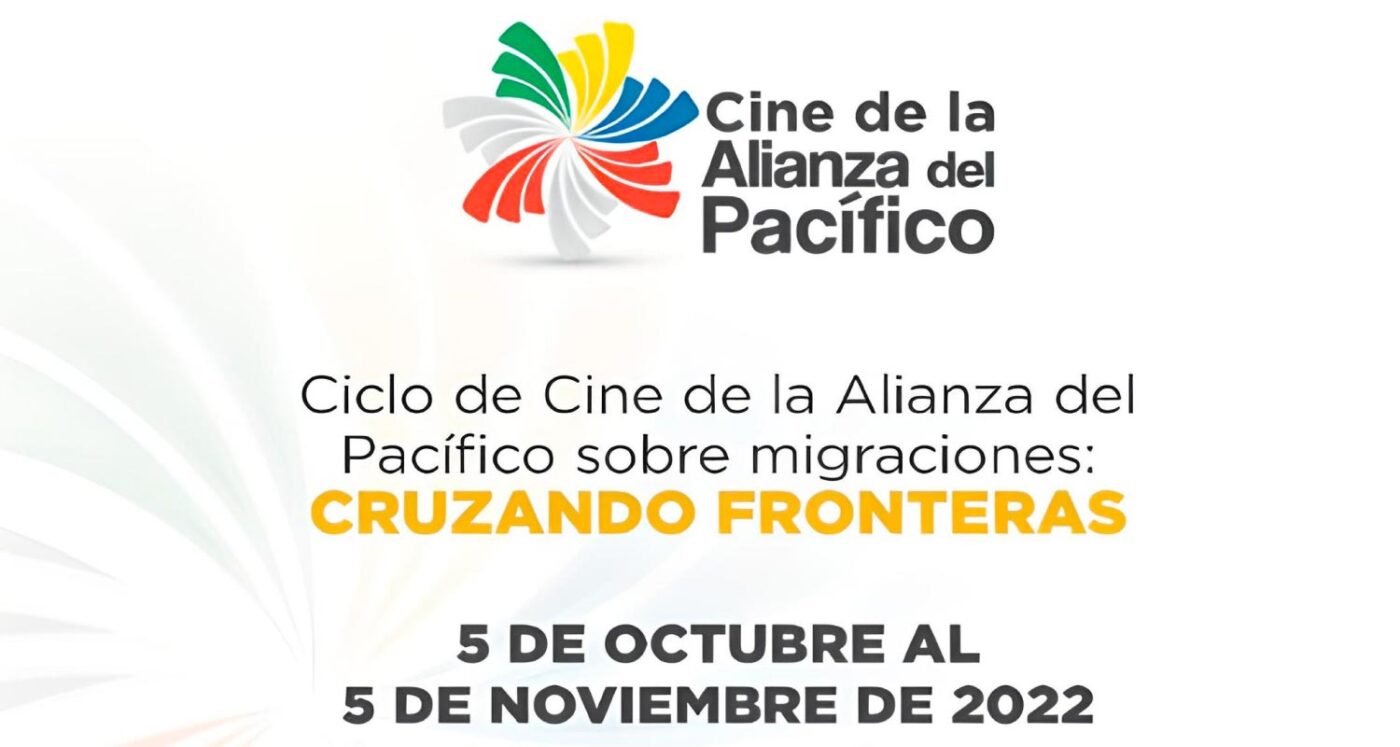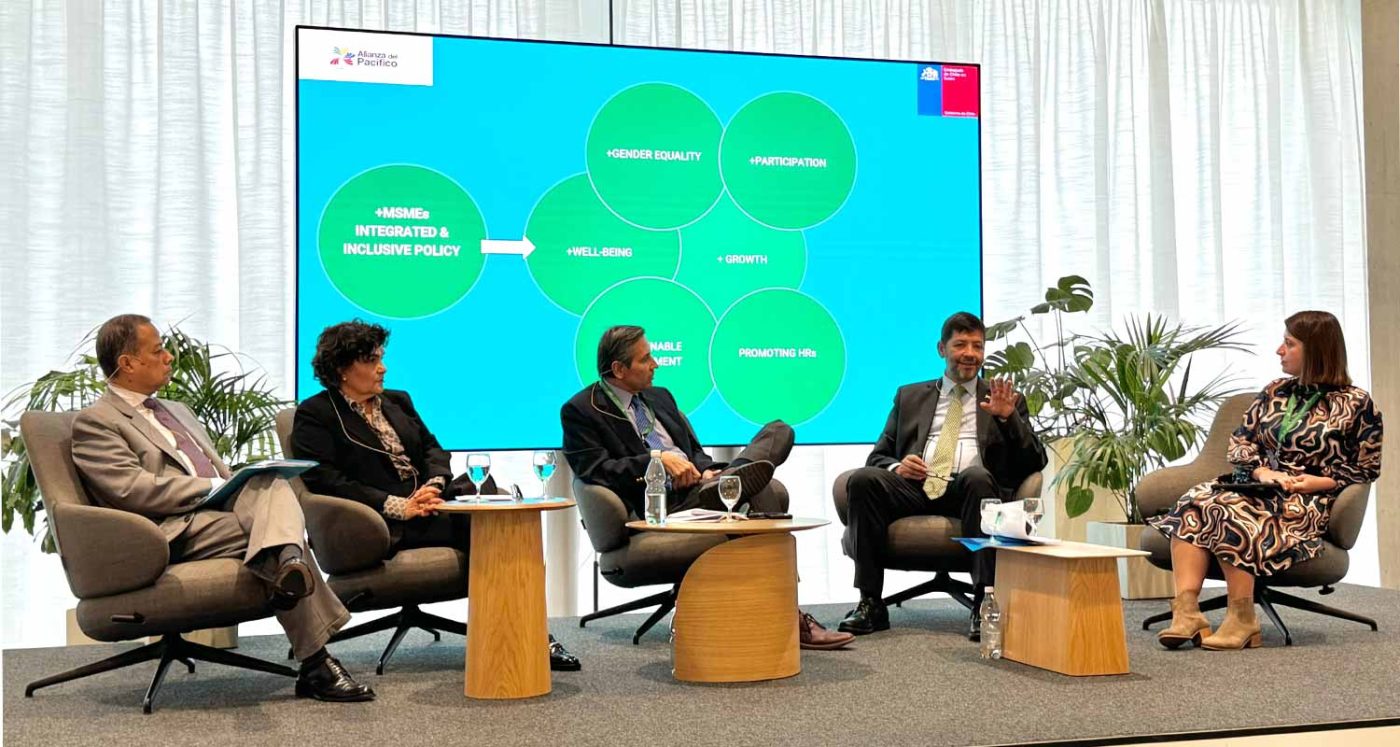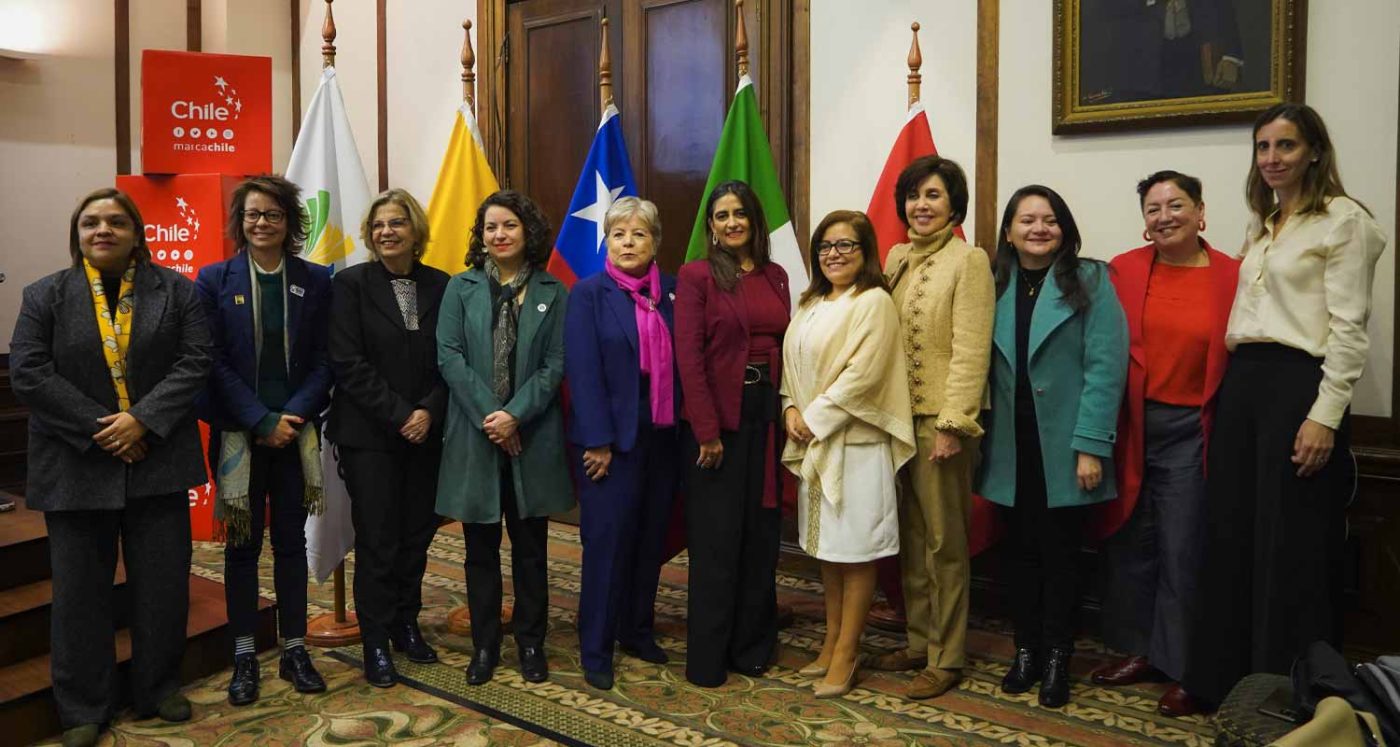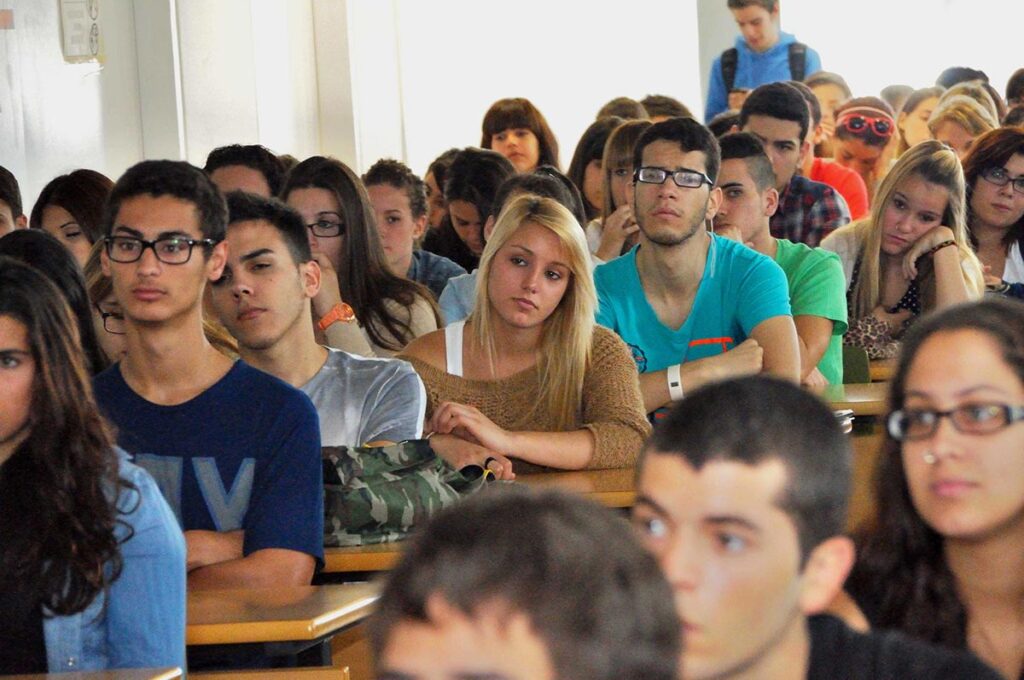-
By the end of 2022, there will be a joint communication strategy for the responsible consumption of plastics, a series of indicators to measure the management across the plastics value chain at the regional level, and a characterization report of the plastics trade.
October 6th, 2022.- In the framework of the Presidential Declaration signed in 2019 in line with the strategic vision of the Pacific Alliance, a Roadmap for the Sustainable Management of Plastics was developed, identifying 8 areas of action focused in regulation, good practices, and public policies; innovation, research, and business transformation; plastic waste management and recycling; circular economy; financing; education, information and citizen transformation; trade; and international cooperation.
Thanks to a partnership between the IDB and Fundación Avina in 2021, a Coordination Committee was formed for the implementation of part of the roadmap with a timeline of 24 months beginning in the second half of 2022 focused on communications, generation of information systems and regulatory improvement. This Committee includes the representatives of the 4 countries of the Pacific Alliance (Chile, Colombia, Mexico, and Peru) through the Technical Group for the Environment and Green Growth (GTMACV) of this bloc, and representatives of Avina, with the support from the IDB’s Water and Sanitation Department.
The GTMACV’s commitment makes possible to review and provide feedback constantly on ongoing consultancies to ensure an adequate communication strategy that raises awareness and generates calls to action for change in the Pacific Alliance’s citizens’ consumption practices; as well as the generation of a standardized plastics information system that allows an adequate collection and consultation of data for the application of better public policies in the field of circular economy and plastics. On the same time, efforts are applied to improve regulatory cooperation in order to promote international trade, investment, economic growth, and employment.

